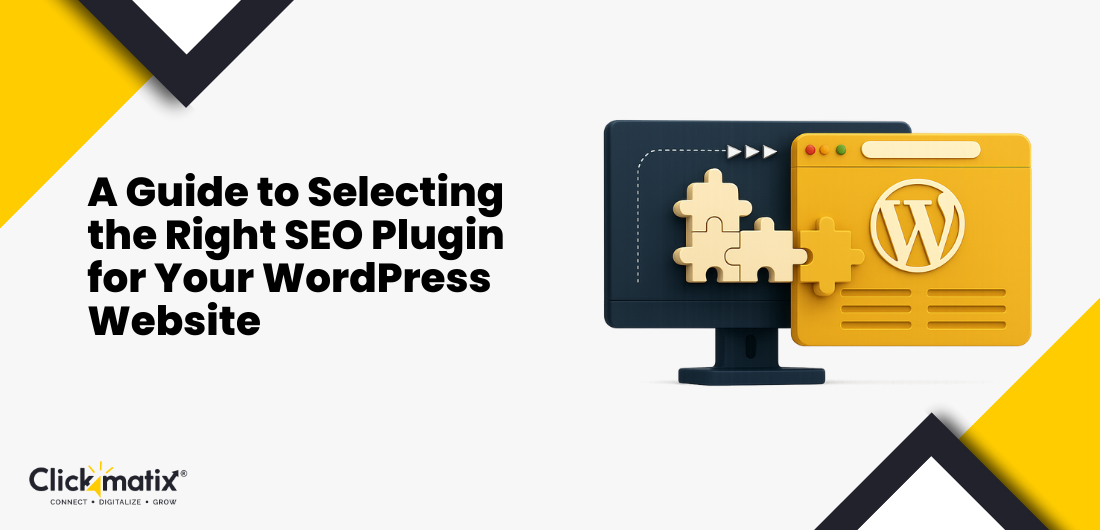
It starts with a thought: “There must be an easier way to get this site noticed.” Maybe a cup of coffee sits half‑cool, and the page editor is open. The idea: make one choice that quietly helps pages appear in search, but not so loud it steals the joy of content creation. Enter the world of WordPress SEO plugins.
That whole process feels familiar. Doubts bounce in the head: “Which one makes metadata simple? Will the setup overwhelm? Or slow everything down?” The goals are simple: help search engines understand the site and let the content shine. That’s it. But there is comfort in having an assistant within WordPress – a plugin that nudges, checks, organises, and still feels friendly.
Why SEO Plugins Matter for WordPress Websites
A website without visibility can feel like a thoughtfully written page that nobody ever reads. That front‑page idea, the blog post someone sweated over, maybe about favourite books or how to bake the perfect cake, stays unseen.
That’s exactly why the SEO plugin for WordPress becomes vital. It gently tells search engines what matters, helps ensure each page is reachable, avoids duplicate content pitfalls, and nudges metadata into place.
Yes, manual SEO is still an option. Writing titles by hand, crafting canonical URLs, building sitemaps by hand at odd hours. It works if patient and meticulous. But often something gets forgotten. A tiny missing tag, a broken link, the sitemap not including that blog post. Plugins reduce that gap, creating structure without removing freedom.
Understanding What an SEO Plugin Actually Is
Think of it as a quiet assistant in the dashboard. It does the behind‑the‑scenes work. Title tags, meta descriptions, XML sitemaps, schema snippets, breadcrumbs, and social preview settings. It does not replace creative content work. It just helps that the content looks structured to search engines.
Often it feels supportive, almost like a teammate.
How an SEO Plugin Boosts Site Visibility
When search engines crawl a site, they look for signals. A well‑crafted title. A clear URL. A sitemap that lays out every page. Structured markup that says “this is a product,” “this is an FAQ,” “this is an article.” Pressing publish becomes less fearful when those signals are in place. Visibility improves not because the content changed, but because the signals are clearer.
Plugin vs Manual SEO: Pros and Cons
Sometimes it’s tempting to skip the plugin and do everything by hand, especially for smaller sites. Other times, it feels smarter to lean on automation. Here’s how the two compare across different factors:
| Aspect | Manual SEO | Using a WordPress SEO Plugin |
| Control | Full control over every tag, file, and setting. Ideal for developers or advanced users. | Control is still possible, but within the structure provided by the plugin. Customization is layered. |
| Time Investment | Time-consuming. Every change (titles, redirects, schema, etc.) needs to be done manually. | Saves time with built-in tools, bulk editing, and automation. |
| Technical Skill Required | High. Requires knowledge of HTML, SEO best practices, file editing, and potentially coding. | Low to moderate. Most plugins guide users through settings with wizards or tooltips. |
| Error Risk | Higher. One small mistake in code, robots.txt, or canonical settings can affect indexing. | Lower. Plugins often prevent or flag common issues, like duplicate tags or broken links. |
| Scalability | Becomes harder as the site grows. Updating hundreds of pages manually can be overwhelming. | Plugins scale well. Bulk editing, automated sitemap updates, and schema features help manage growth. |
| Performance (Speed) | Very lightweight. No added scripts or plugin bloat. | Slight performance hit depending on plugin choice and features enabled. Lean plugins minimize impact. |
| Maintenance | Ongoing, manual. No alerts or reports unless external tools are used. | Built-in SEO audits, alerts, and regular updates help with ongoing health checks. |
| Feature Availability | Limited to what you can build or code yourself. | Wide feature set out of the box: schema, meta fields, sitemaps, breadcrumbs, social previews, etc. |
| Learning Curve | Steep, especially for those unfamiliar with technical SEO. | Generally beginner-friendly. Most plugins include guides, documentation, and community support. |
| Consistency Across Site | Difficult to maintain consistently across all pages without careful tracking. | High consistency thanks to templates and reusable settings. |
| Cost | Technically free (no plugin fees), but can cost time or developer fees. | Free and premium options available. Time-saving may offset cost, especially for business sites. |
| Risk of Conflict | No plugin conflicts, but risk of errors if multiple custom solutions are used. | Conflict can arise if more than one plugin SEO WordPress solution is installed. Stick to one. |
Quick Summary
- Manual SEO is best for small, static websites or developers who want full autonomy and can manage every detail precisely.
- Using a plugin is more practical for most WordPress site owners. It brings speed, structure, and friendly automation, especially important when managing blogs, stores, or frequently updated content.
In most real-world cases, especially for growing websites or businesses working with an expert SEO company in Melbourne, choosing the best SEO plugin for WordPress helps maintain structure without constant manual effort. And when it’s the right plugin, it supports better results behind the scenes.
Must‑Have Features in a Quality SEO Plugin
Feature checklists feel formal. But consider it like packing what actually matters in a bag before leaving the house.
- Title and Meta Description Editing
That little box that shapes how the post looks in search results. Too generic doesn’t help. Custom fields make the snippet inviting. - XML Sitemap Generation
A map for crawlers. Without it, some pages might feel hidden, as if tucked in a corner. - Schema Markup Integration
Structured data opens doors to rich snippets – stars, FAQs, better visibility. Seeing one page with an FAQ box and another plain makes a difference. - Canonical URL Settings
Avoids duplicate content confusion when similar pages appear on different URLs. - Breadcrumb Navigation
Helps users and search engines understand site structure. Makes that “You are here” feel friendly. - Social Media Integration
Setting how a page appears when shared. That control avoids odd-looking thumbnails or titles. - Robots.txt and .htaccess File Editing
Probably not needed daily. But when staging sites or advanced setups come along, having access saves extra steps. - Content Analysis and Readability Checks
A nudge here and there that says shorter sentences tend to read better. Useful for fine‑tuning. - SEO Audit and Error Detection
Broken links, missing tags, crawl errors – when they pop up in notifications, issues get fixed before ranking drops. - Multisite Compatibility and Translation Support
Essential for larger networks or multilingual setups. Worth checking early.
Popular SEO Plugins for WordPress Compared
A small crowd of familiar names often appears. Each comes with its own personality.
Yoast SEO
Friendly, helpful, and almost familiar like an old collaborator. Guided setup. Traffic‑light signals. Readability tips that feel coaching rather than coaching too loudly. It can feel heavy if the dashboard starts slowing, but still widely used for that warm guidance.
All in One SEO (AIOSEO)
An early player that stayed relevant. TruSEO checklist, local SEO options, WooCommerce support, schema, sitemaps. Setup feels like being gently walked through. Some advanced features show heat in the admin, but for many, that’s fine.
Rank Math
Spunky and feature‑rich. People often mention modular design, built‑in Google Search Console links, keyword tracking, and advanced schema, all in the free version. It can feel vibrant and modern. Approachability sits alongside power.
SEOPress
Quiet confidence, minimal UI, clean presentation. Developer-friendly. Affordable pro tier that covers analytics, WooCommerce, and white‑labeling. Feels like the thoughtful minimalist friend in the group chat.
The SEO Framework
Lean, speedy, privacy‑focused. No ads, no fuss. Everything automated nicely. If performance and quiet discipline matter, this feels like the go‑to.
Squirrly SEO
Guided by AI‑like prompts, often steering newer site owners through audits or keyword placement. Feels supportive, though maybe a bit more pointed in suggestions.
Performance and Speed: Do SEO Plugins Impact Load Time?
Concerns surface naturally. Will it slow the site? Experience shows not necessarily.
- Rank Math and The SEO Framework tend to get nods for being light.
- Yoast and AIOSEO sometimes add heavier admin elements.
Yet it often depends on features activated. Disabling unused modules, using caching, keeping plugins updated, and choosing lean designs keep performance healthy.
Ease of Use and UI Comparisons
Beginners often gravitate toward clear guidance.
- Yoast offers traffic‑light signals.
- Rank Math offers wizard paths for either beginners or advanced users.
- All in One SEO uses checklists.
- SEOPress just stays clean and simple, almost whispering instructions.
That variety feels like choosing a friend to walk through the process with. Some want the strong guidance, some a quiet guide, others a middle ground.
Integration with Other Tools and Plugins
Integration matters, especially with e‑commerce or analytics in mind.

Get weekly insights for revenue-shifting results
Sign up for our newsletter and be the first one to know about our exclusive offers, digital marketing news and updates.
|
|
Thank you for Signing Up |


- WooCommerce Compatibility
Rank Math often features strong support in the free version. AIOSEO and SEOPress include options too, though some limited to premium plans. - Analytics and Tag Manager Support
Rank Math links natively with Google Search Console. SEOPress also integrates with Google tools, keeping data in one dashboard. - Page Builder and Theme Integration
Most adopt common page builders. Rank Math’s modular setup seems to reduce overlap. Others may need toggles turned off to avoid multiple meta boxes.
Testing remains part of the rhythm.
Pricing and Plans
Budget whispers in the background. Some features suit free tiers. Scaling invites premium.
Yoast SEO
- Your estimate: Premium ~$99/year per site.
- Verified price: Premium is indeed $99 per year per site
- Other pricing tiers: Yoast also offers plugin bundles at $229/year
- Verdict: Your stated pricing is accurate for a single site, but note that bundled plans exist too.
Rank Math
- Your estimate: Free generous; Pro between $59–$95/year.
- Verified price (as of now): Ranks Math’s PRO plan is billed at $6.99/month (billed annually), which amounts to about $83.88/year, renewing at $7.99/month (~$95.88/year)
- There’s also Business and Agency tiers with higher pricing
- Verdict: Your $59/year estimate undercuts current pricing. Expect closer to $84–96/year for PRO now.
AIOSEO (All in One SEO)
- Your estimate: Free basic; Pro around $49/year; advanced features in higher plans.
Verified pricing tiers:
- Basic: ≈$49.50–$49.60/year (1 site)
- Plus: ≈$99.50–$99.60/year (3 sites)
- Pro: ≈$199.50–$199.60/year (10 sites)
- Elite: ≈$299.50–$299.60/year (100 sites)
- Verdict: Your $49/year for Pro is too low. That’s actually the Basic tier. Pro is closer to $200/year.
SEOPress
- Your estimate: Pro ~$49/year for unlimited sites; add-ons cost more.
Verified pricing (new structure effective August 1, 2025):
-
- PRO (1 site): $49/year
- PRO (5 sites): $59/year
- PRO (Unlimited): $149/year
- Insights add-on: $99/year per site
- Verdict: Your $49/year figure matches the 1‑site PRO tier. For unlimited sites, it’s substantially more ($149).
The SEO Framework
- Your estimate: Free core; Premium extensions ~$84/year.
Verified pricing (subscription model):
-
- Pro: $7/month (~$84/year) for 2 sites
- Business: $17/month (~$204/year) for 20 sites
- Agency: $27/month (~$324/year) for 200 sites
- Verdict: The $84/year you listed matches the Pro plan, but only covers 2 sites, not unlimited. Other tiers are pricier.
Quick Summary Table
| Plugin | Your Estimate | Official Pricing Highlights |
| Yoast SEO | $99/year/site | $99/year/site (accurate); bundles available |
| Rank Math | $59–95/year | Closer to $84–96/year for PRO; higher for others |
| AIOSEO | $49/year (Pro) | Basic is $49; Pro ~$200; Elite ~$300 |
| SEOPress | $49/year unlimited | $49/year for 1 site; $149/year for unlimited |
| The SEO Framework | ~$84/year | Pro is $84/year for 2 sites; higher tiers ~$204–324 |
The choice narrows based on how many sites are managed and which features really matter day to day.
SEO Plugins for eCommerce Websites
Online stores demand different treatment. Product schema, category metadata, dynamic breadcrumbs, polished sitemaps – all matter.
Rank Math often stands out with robust WooCommerce schema support, even in free plans. AIOSEO also covers product metadata and local SEO, though full feature access may require a premium. SEOPress Pro supports WooCommerce and handles unlimited keywords. The advantage shifts toward those built with product‑level SEO in mind.
For owners launching a store, those features make a real difference in search visibility, click rates, snippet appearance, and ultimately sales.
Common Mistakes to Avoid When Choosing an SEO Plugin
Slip-ups can cause headaches. Some common missteps include:
- Installing Multiple SEO Plugins
Conflicts, duplicate efforts, and confusing settings. Migration matters more than stacking. - Ignoring Site‑Specific Needs
A blog, a corporate site, or a multi-language platform, each requires different compatibility. One plugin may win by alignment rather than popularity. - Skipping Ratings and Real User Reviews
Plugin pages often sound perfect. But forums or Reddit might reveal quirks like slow dashboards or migration difficulties. Real experiences, even short lines, highlight friction points.
Examples from community voices matter, sometimes saying:
“Rank Math because even in the free version it has a lot of features…”
And:
“Used Yoast for years, but it feels really bloated…”
These comments feel raw. They matter because plugins carry workflow impact, not just features.
Warm Wrap‑Up Thoughts
Choosing the best WordPress SEO plugin feels deeply personal. It is like choosing a steady companion: one that offers guidance, not constraints; that fits well with daily tasks, not distracts; that helps surface the content without stealing the show.
For someone just getting started, Yoast offers familiarity and clarity. For those craving flexibility, power, and a modern feel, Rank Math often shines. SEOPress brings quiet confidence. AIOSEO remains reliable with an emphasis on local and e-commerce features. The SEO Framework delivers speed and minimalism. The best WordPress SEO plugin depends on the unique rhythm of the site, the features that matter, and how comfortably the dashboard feels to work in.
Also, for anyone working with a WordPress SEO company Melbourne, the plugin becomes a tool in the hands of professionals, tailoring a strategy to client’s needs, hosting environment, and SEO goals. Choosing one that stays supported, blends with hosting setups, and aligns with long‑term strategies matters more than top‑ranking plugins listed elsewhere.
Ultimately, the right plugin will stay quietly helpful, reduce worry about technical SEO, and keep the spotlight where it belongs – on what’s actually being published. That feels like progress.
In search for strategic sessions?
Let us understand your business thoroughly and help you
strategies your digital product.
It's time to call your business-
a brand!
Australian Owned Agency
Save Time and Money
Unbeatable Value
Where Work Gets Done
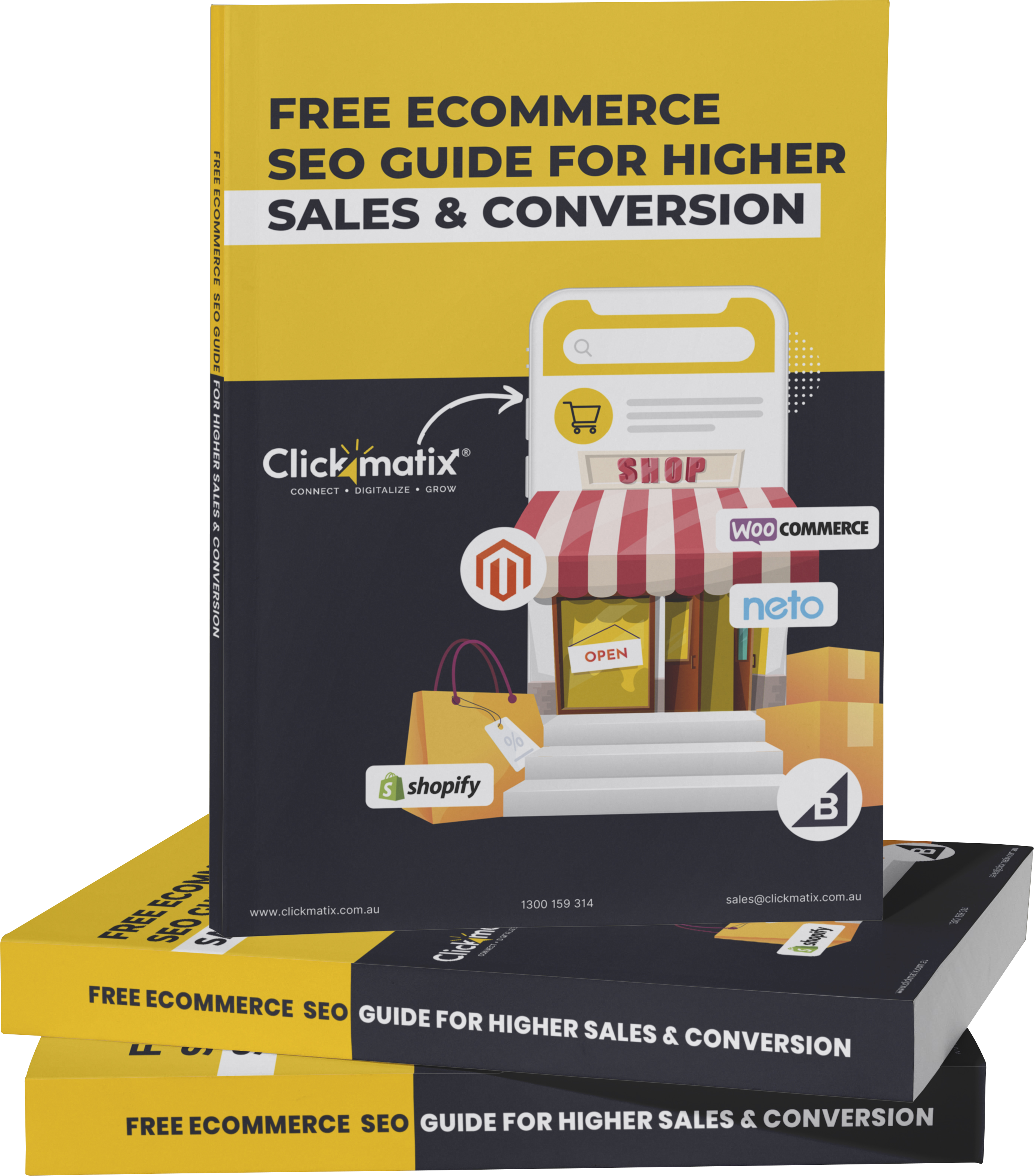
free Ecommerce SEO guide for Higher Sales & Conversion


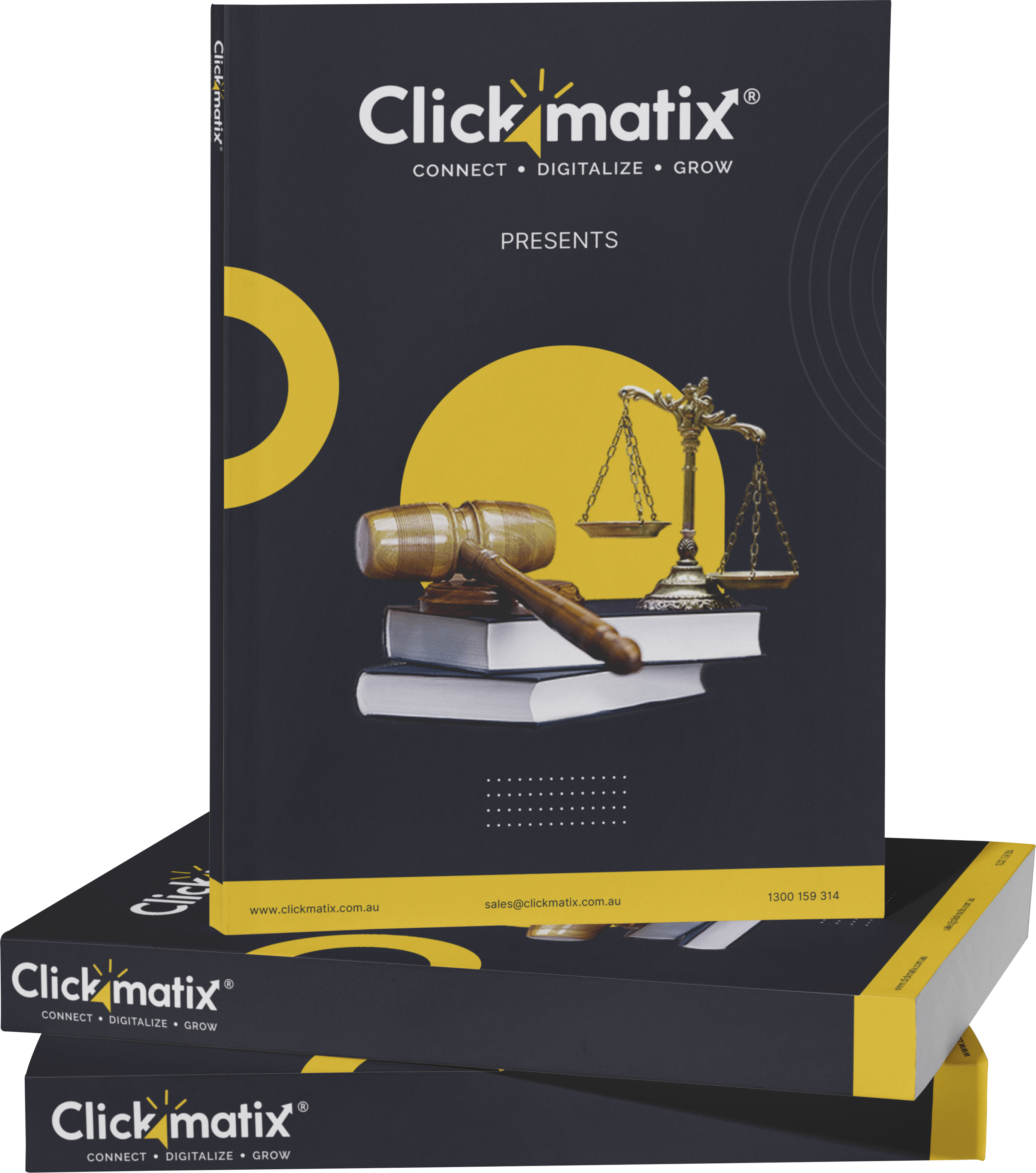
THE ULTIMATE MARKETING GUIDE FOR LAWYERS



Youtube Ads Guide How to Advertise on Youtube



free Ecommerce SEO guide for Higher Sales & Conversion


It's time to call your business-
a brand!
Australian Owned Agency
Save Time and Money
Unbeatable Value
Where Work Gets Done


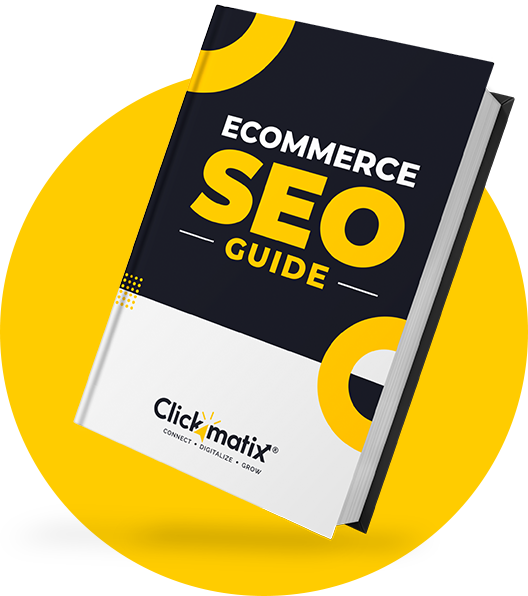
The Game-Changing Ecommerce SEO Guide That Will Blow Your Mind & Sales
With this Ecommerce SEO Guide, you'll be able to:
- Develop a Ecommerce SEO strategy.
- Build a content marketing strategy that aligns with your business goals.
- Convert your website visitors into paying customers.



Youtube ads guide how to advertise on youtube
With this Youtube ads Guide, you'll be able to:
- Develop a Youtube ads strategy.
- Build a type of ads of your own that aligns with your business goals.
- Generate revenue from youtube ads.
It's time to call your business-
a brand!
Australian Owned Agency
Save Time and Money
Unbeatable Value
Where Work Gets Done








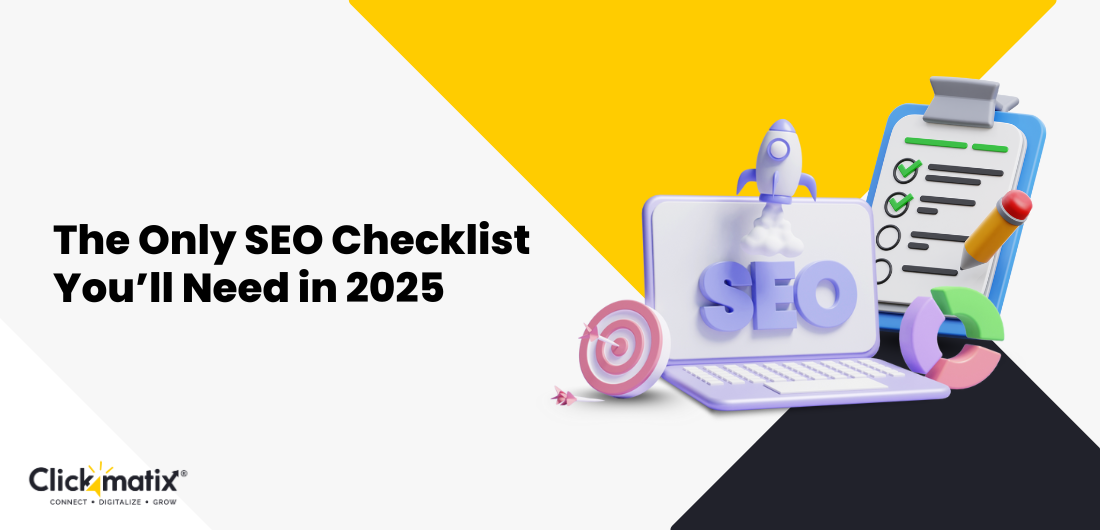


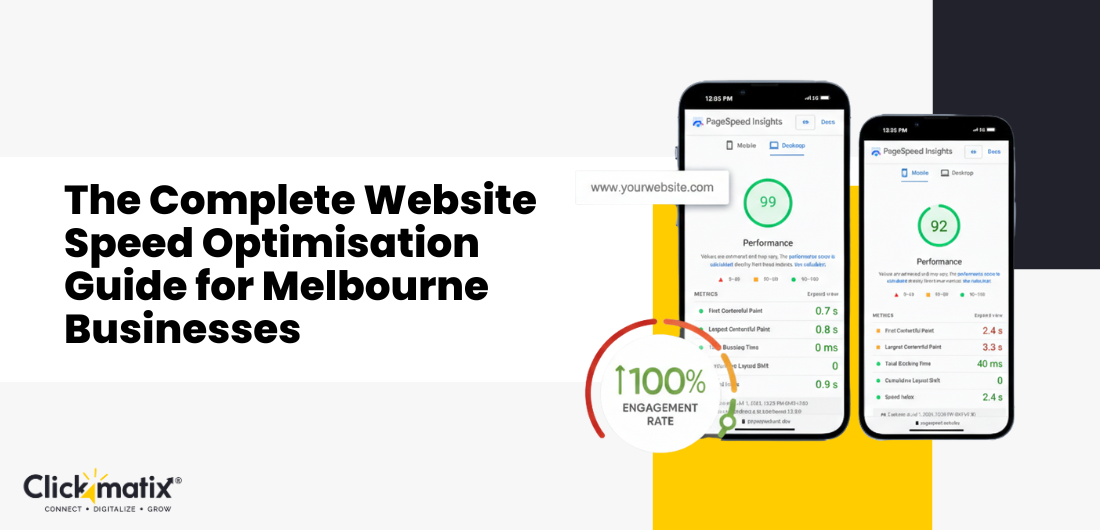
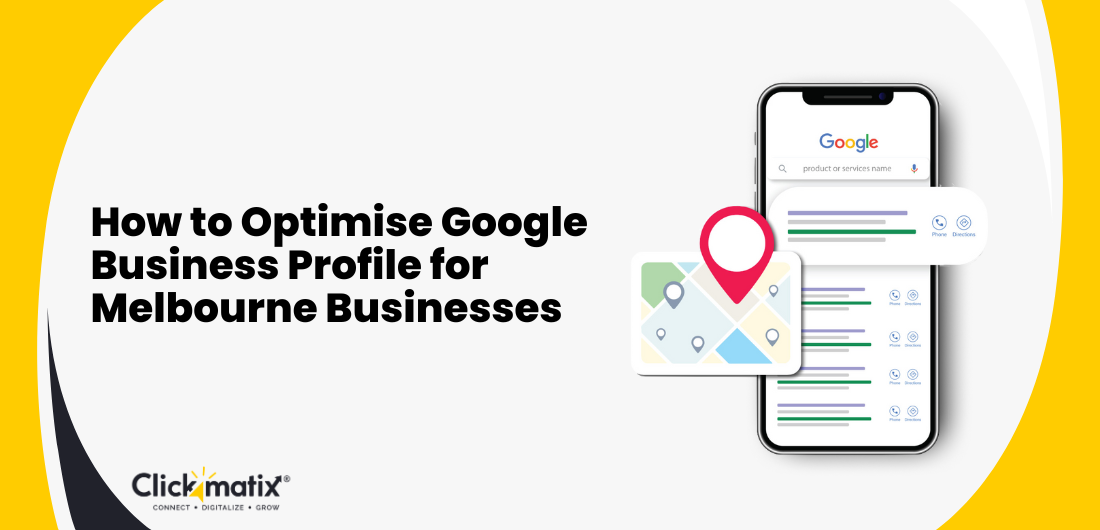
 Australian Owned Agency
Australian Owned Agency Save Time and Money
Save Time and Money Unbeatable Value
Unbeatable Value Where Work Gets Done
Where Work Gets Done
